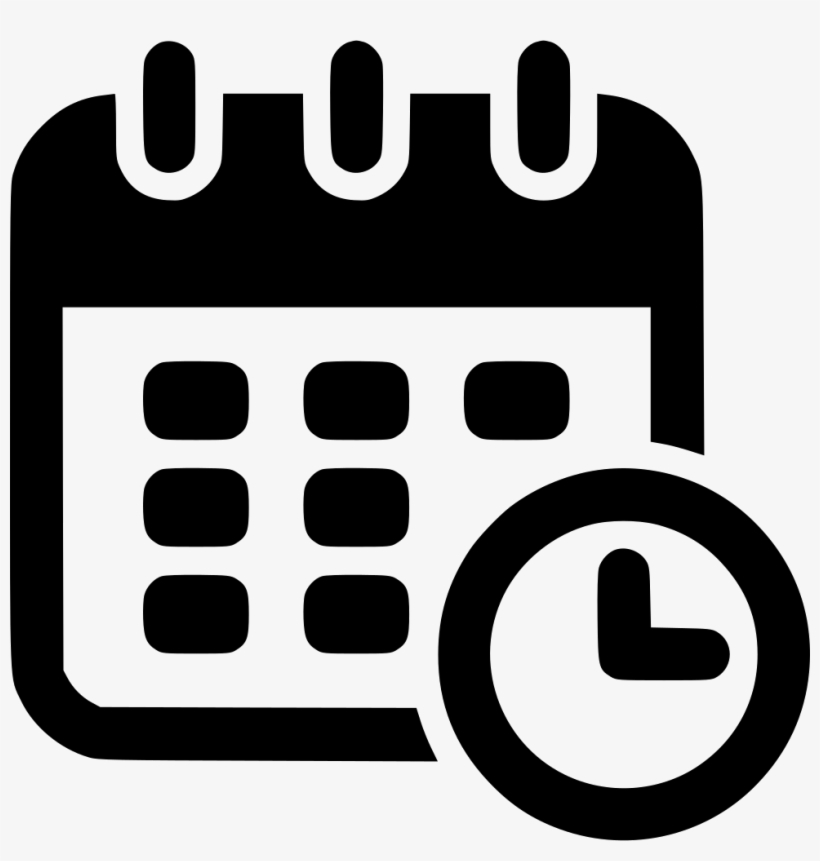
Technical Issues In Publishing
Expanding Your Readership with Effective Keywords
 Nathan Boutin, Associate Editor
Nathan Boutin, Associate Editor
 March 2020
March 2020
The goal of publishing your research is to reach the audience of scientists in your field. It is important to understand that most scientists are not scouring library shelves to find relevant literature. Today, search engines are king. They feed on metadata—more precisely, keywords—and you will certainly be asked by the publishing journal to supply a brief list of them.
Ironically, while keywords are usually an afterthought, they often have a monumental effect on your paper’s relevance and citation frequency. In general, tailoring your keywords is a delicate balancing act; you must ensure that your keywords are accurate and general enough to be searched but not so broad that your paper gets swept away in a deluge of similar research.
Here are a few techniques that you can use to optimize your paper for search engines and grow your readership.
- The first tip is the most important: Check your target journal guidelines. When submitting to any journal, their guidelines are the gold standard. For example, many clinical journals require using Medical Subject Headings (MeSH) and will reject any other keywords. Be sure to see what the journal recommends so you can optimize both your searchability and your chances of publication, even if you do not personally agree with the guidelines. After all, nobody can find your research if it never gets published.
- A second suggestion is to use small phrases, not single words. It is best to use keyword phrases that are neither too long nor too short (2–4 words). Generally, single words are vague and will not effectively direct readers to your paper, while long phrases are so specific that the search results may omit your article altogether. Striking a balance is best. For example, if your paper concerns methods to combat coronary thrombosis, you may consider adding in “heart disease prevention” as a keyword. “Reducing risk of coronary artery disease” would be more precise but exclude your paper from broader searches on cardiovascular disease. Conversely, “heart” alone would be too general.
- Third, avoid the common mistake of using key terms included in your title. The title of your research paper will be included in the search; therefore, duplications from your title will have little to no influence on your paper’s searchability. If necessary, use a synonym or closely related item that differs from your title.
- Fourth, methodological terms are good keywords if your research heavily involves a certain process. Remember to be careful about spelling and hyphenation, as this can affect results. For example, a popular term that is rarely spelled the same is “real-time polymerase chain reaction.” This process has a laundry list of similar names and abbreviations. If you want to use it as a keyword, check which spelling is the most popular within your field or journal.
- Finally, the hallmark of a good keyword is typing it into a search engine and having similar studies to yours appear. When creating your list, assume the role of your potential audience. Use your generated keywords in a search engine to see what matches come up. Are the results closely related to your topic? Is there a wide range of results? You can use these findings to gauge whether your keywords are too broad or specific and adjust accordingly.
While search engine optimization is usually the last thing on a writer’s mind, the unfortunate reality is that the merit of your scholarly work is not defined solely by its content but also its ability to be understood by a machine. Developing solid keyword habits will ensure the latter does not negatively affect your research.
 Previous Article
Next Article
Previous Article
Next Article 
 Tweet
Technical Issues In Publishing
Tweet
Technical Issues In Publishing
 Nathan Boutin, Associate Editor
Nathan Boutin, Associate Editor March 2020
March 2020 Previous Article
Next Article
Previous Article
Next Article 